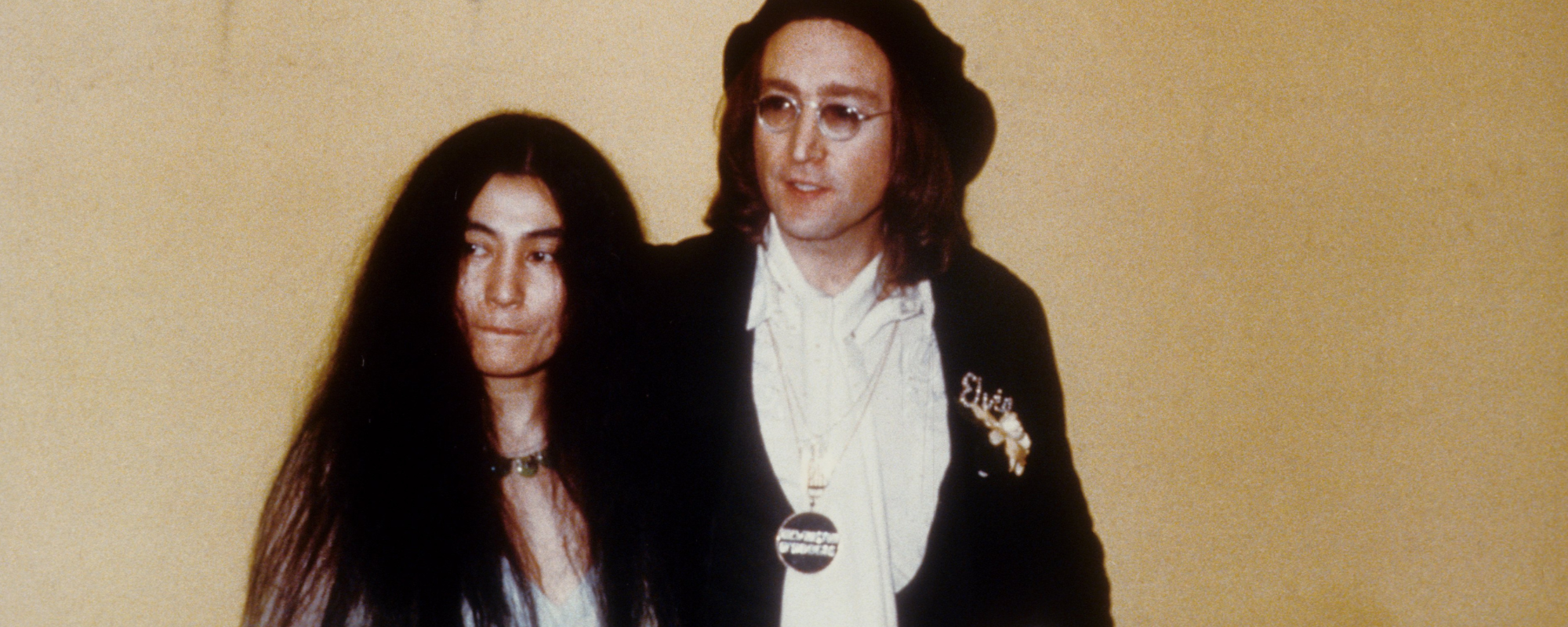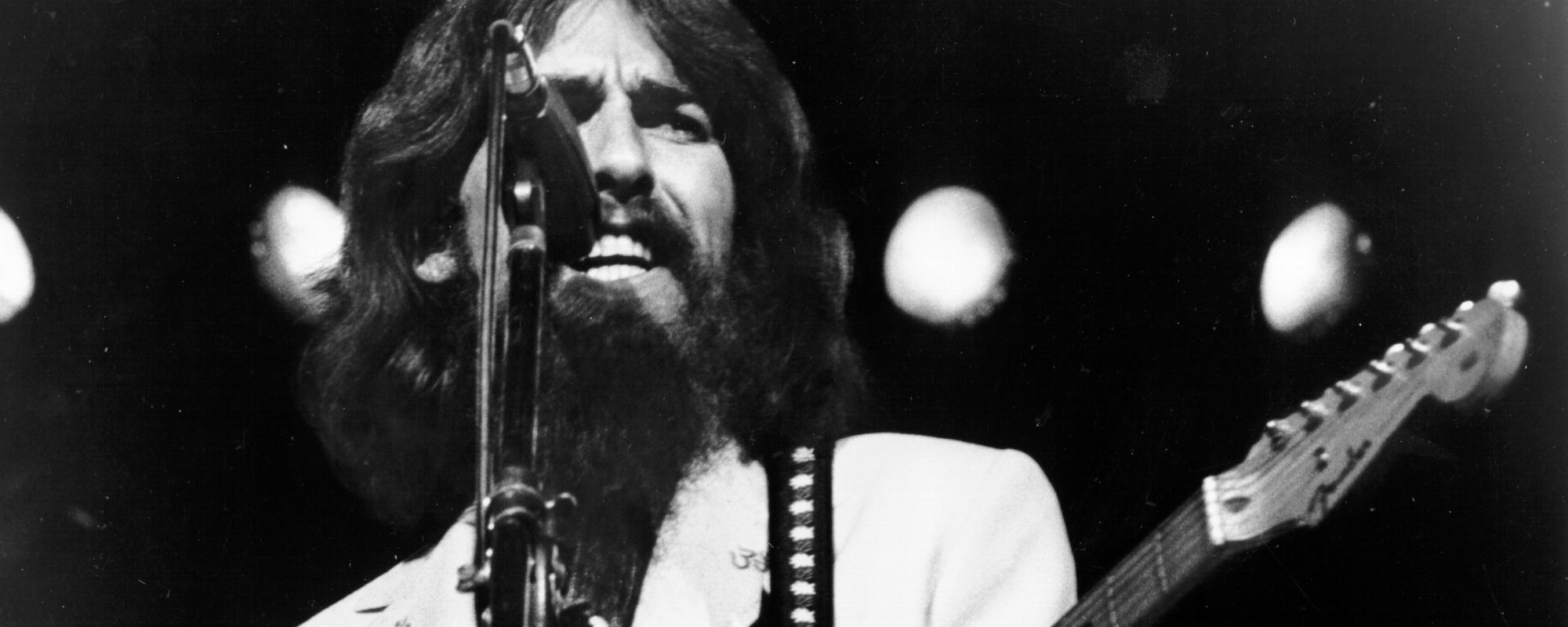Rock music rarely shies away from controversy. In fact, much of the genre and its subgenres thrive on it. What is rock music if it doesn’t fight against the status quo and make a few people angry? These four rock songs, in particular, were considered quite controversial when they were released in the 1990s. Let’s dive in, shall we?
Videos by American Songwriter
1. “This Is Not Your Country” by Morrissey
Morrissey often thrives on controversy, which is pretty obvious in the 1997 song “This Is Not Your Country”. There are a few ways that the song’s lyrics can be interpreted, most of which involve the socio-political situation of Northern Ireland around the turn of the century. However, some listeners were not happy about the Protestant vs. Catholic allusions in the song.
2. “Killing In The Name” by Rage Against The Machine
This 1992 song by Rage Against The Machine tackled everything from police brutality to systematic racism in the United States. It’s a passionate piece of work that is still used as a protest song today. However, it was quite controversial when it was initially released. It wasn’t played on the radio often due to its explicit lyrics.
3. “Rebel Girl” by Bikini Kill
Bikini Kill was one of the most well-known bands during the 1990s riot grrrl movement. They weren’t exactly considered mainstream artists, but the 1993 song “Rebel Girl” nevertheless ruffled a few feathers of normie listeners at the time. Most of their music had that effect on people who weren’t happy about their feminist ideals and attitudes. The song’s lyrics come from the perspective of a lesbian, which wasn’t entirely common at the time.
[Buy Tickets To See Bikini Kill Live In 2024]
4. “Closer” by Nine Inch Nails
While the other entries on our list of the most controversial rock songs of the 1990s are steeped in political controversy, “Closer” by Nine Inch Nails was controversial because it was just super horny and explicit. This track is one of Nine Inch Nails’ most well-known songs today. But at the time of its release, the radio version of the song was heavily edited to censor the unbridled lust in its lyrics.
Photo by R. Diamond
When you purchase through links on our site, we may earn an affiliate commission.












Leave a Reply
Only members can comment. Become a member. Already a member? Log in.